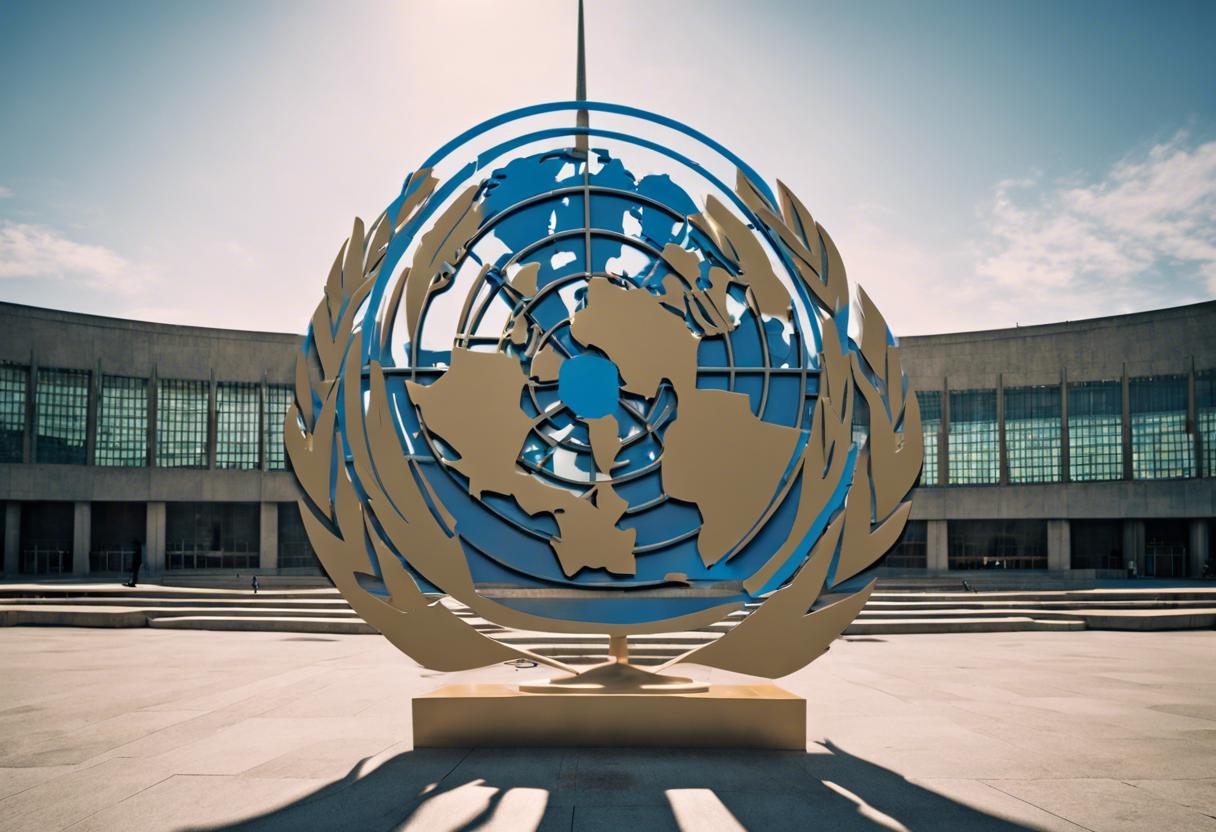The annual assembly of global representatives at the United Nations General Assembly in New York has been eclipsed by escalating conflict globally, predominantly the increasing possibility of an intensified conflict in the Middle East following air raids by Israel on Lebanon. The persistent wars in Ukraine and Sudan have highlighted the insufficiency of the current global governance system, and its inability to realize the UN’s key purpose to unify nations and establish peace.
Despite monetary constraints, management inefficiencies and susceptibility to controversy, the UN and its relevant agencies continue to hold a critical role, most notably in the impoverished regions of the world. It stands as the singular global organisation equipped and authorised to facilitate action on global issues like climate change and pandemics, as well as providing aid in humanitarian crises. However, the structures set in 1945 require considerable updates to meet contemporary challenges, and provide equitable representation to nations in Asia, Africa and Latin America.
The UN Secretary General, António Guterres, orchestrated the ‘Summit for the Future’ last week to plan for reform. The summit approved a ‘Pact for the Future’ comprised of 56 general actions to enhance the UN’s decision-making procedures and tackle topics such as unmanageable debt and emerging technologies like artificial intelligence. Though the pact faced opposition from countries like Russia and North Korea, its implementation signals progress but requires a shift in mindset, especially from the western powers.
Irish President Michael D Higgins’s awkward handling of queries regarding his warm message to the newly appointed Iranian president diverted focus from his articulate plea for a revival of the UN’s fundamental principles at the summit. Higgins advocated for a revamping of the UN, the World Bank and the International Monetary Fund to empower Asia, Africa and Latin America and called for an end to the misuse of veto power in the Security Council.
There is a need for universally accepted, enforceable regulations to settle disputes and safeguard the more vulnerable from the powerful. However, the “rules-based international order” led by the United States is widely seen as lacking validity, encompassing not only competing powers like China and Russia, but also many countries within the Global South.
There is a view that the US has not only determined these rules but also selects which ones to comply with. The US’s failure to endorse the International Criminal Court and accords such as the Comprehensive Nuclear Test Ban Treaty and the UN Convention on the Law of the Sea detracts from its standing as the global standards’ guardian.
The worldwide system requires improvement in rules that possess a wider legitimacy base and effective enforcement methodologies. The Pact for the Future is a positive move towards a revitalised multilateral system, but the most difficult task remains to be done.

